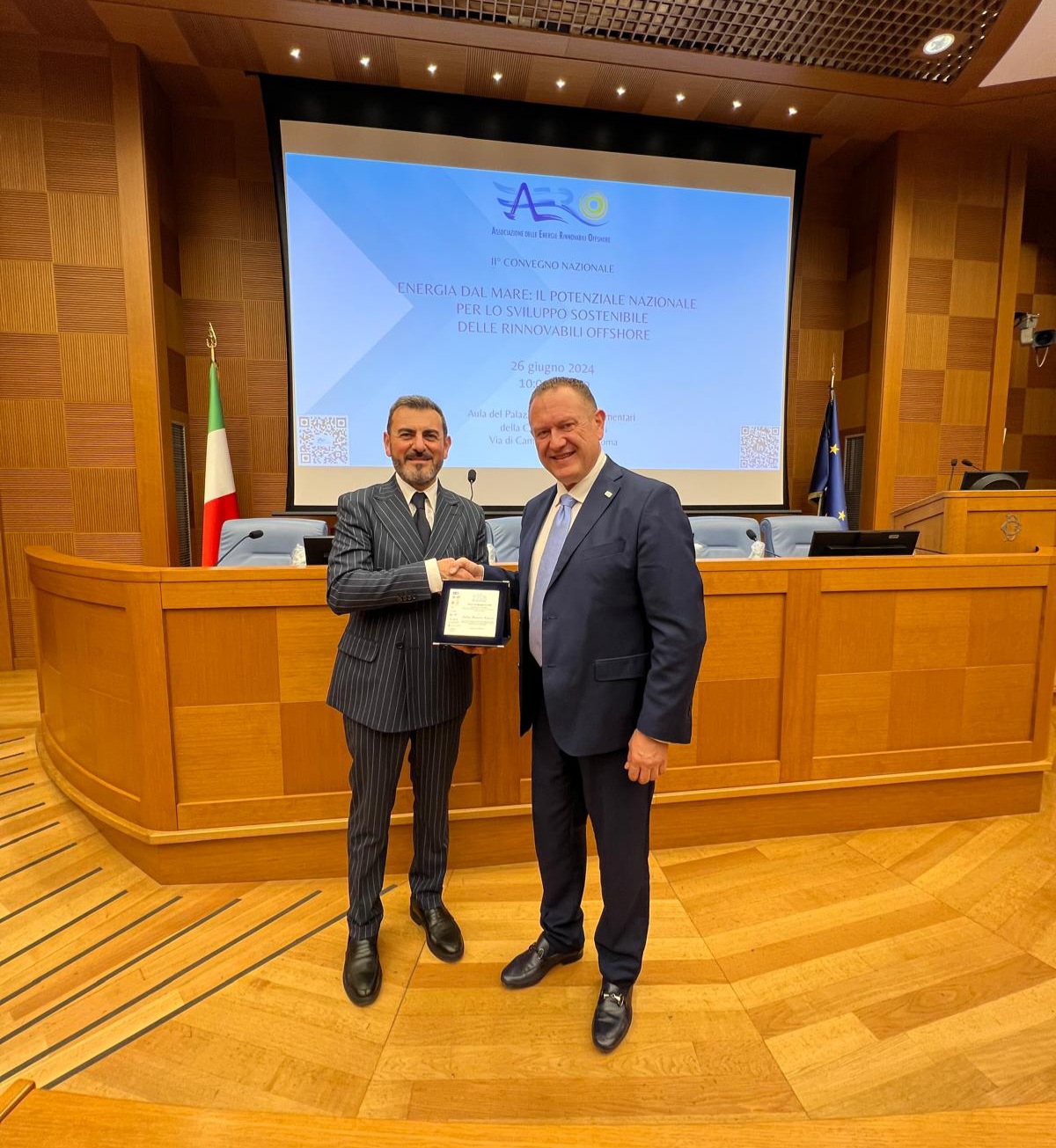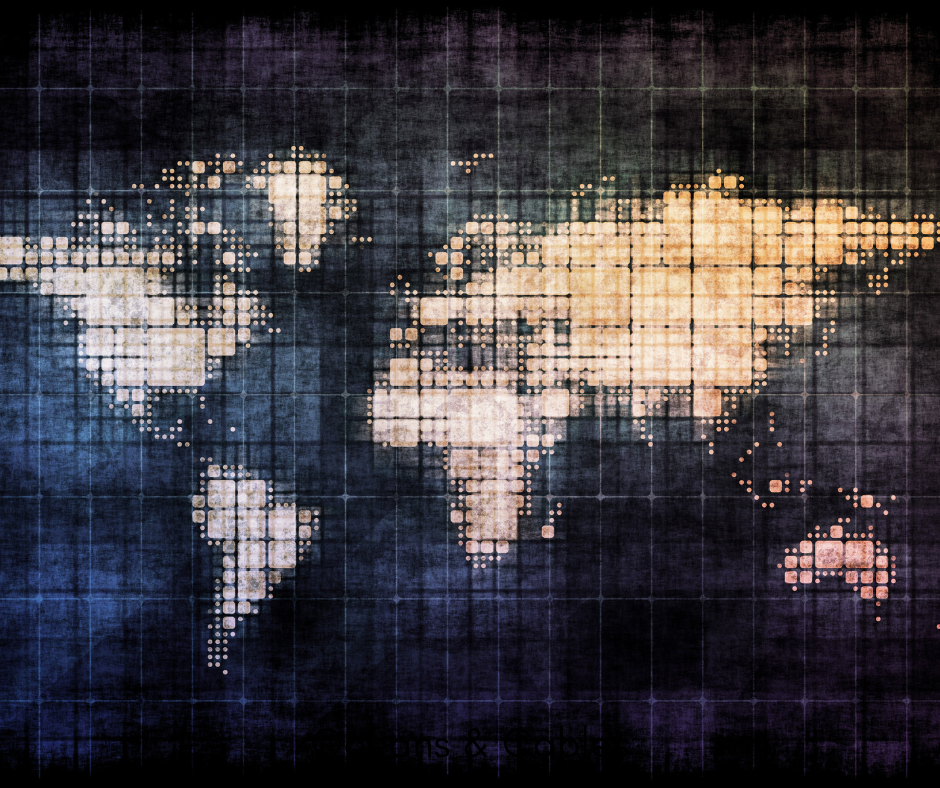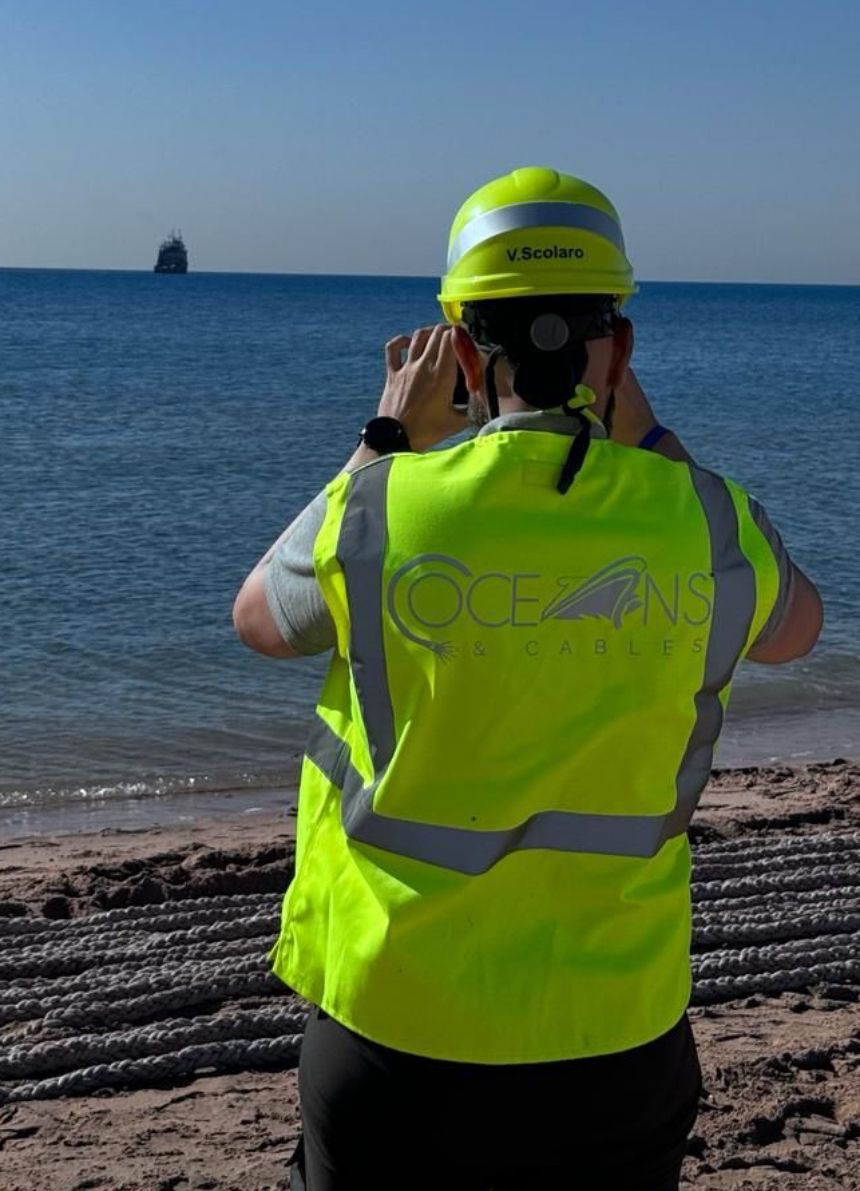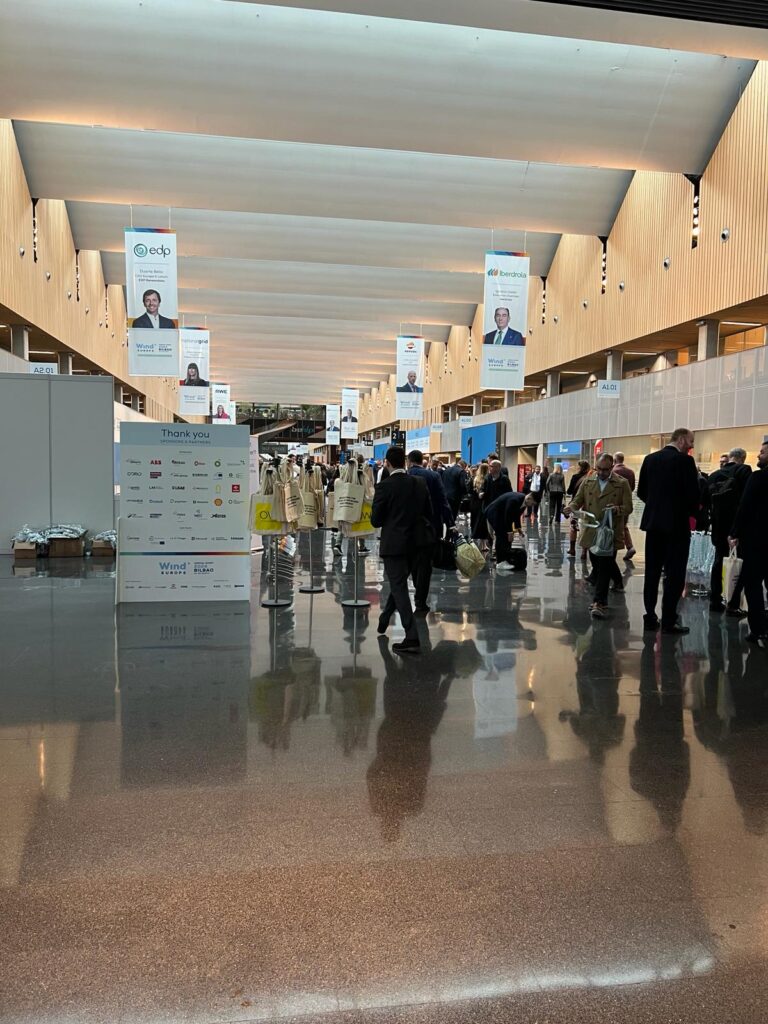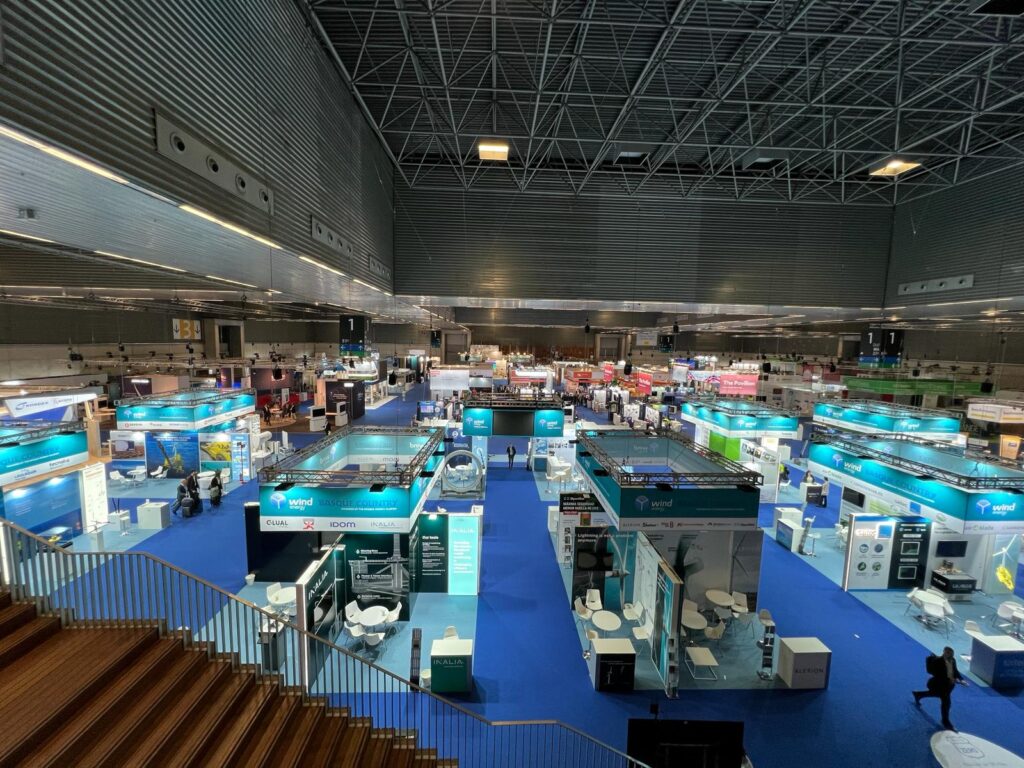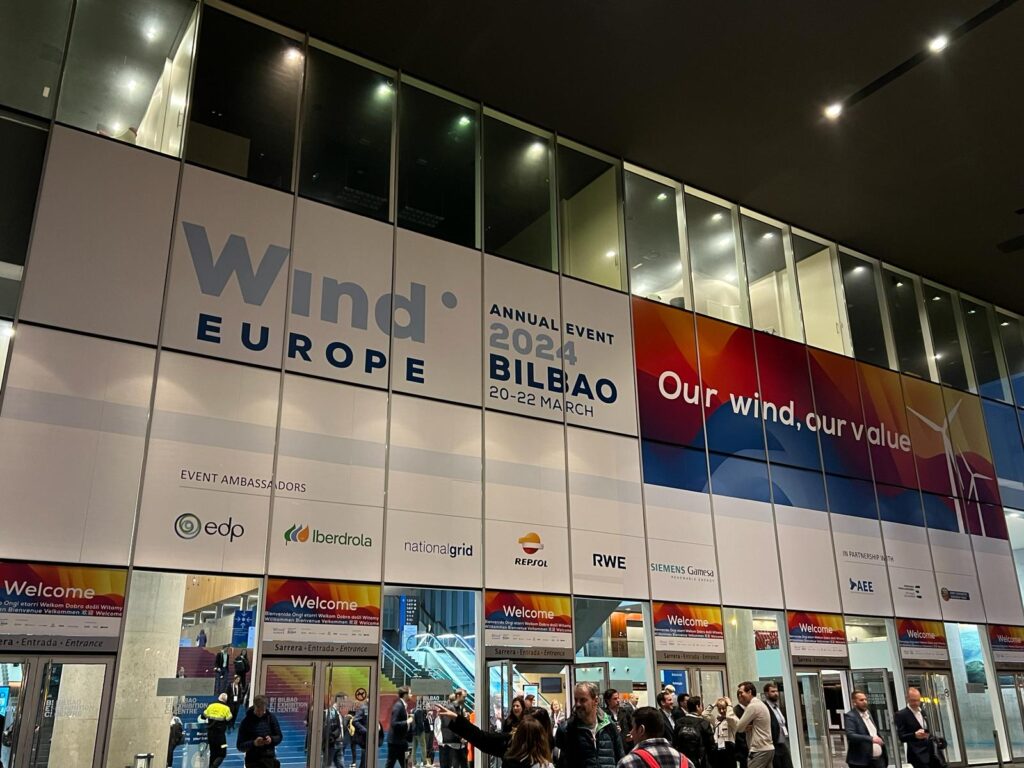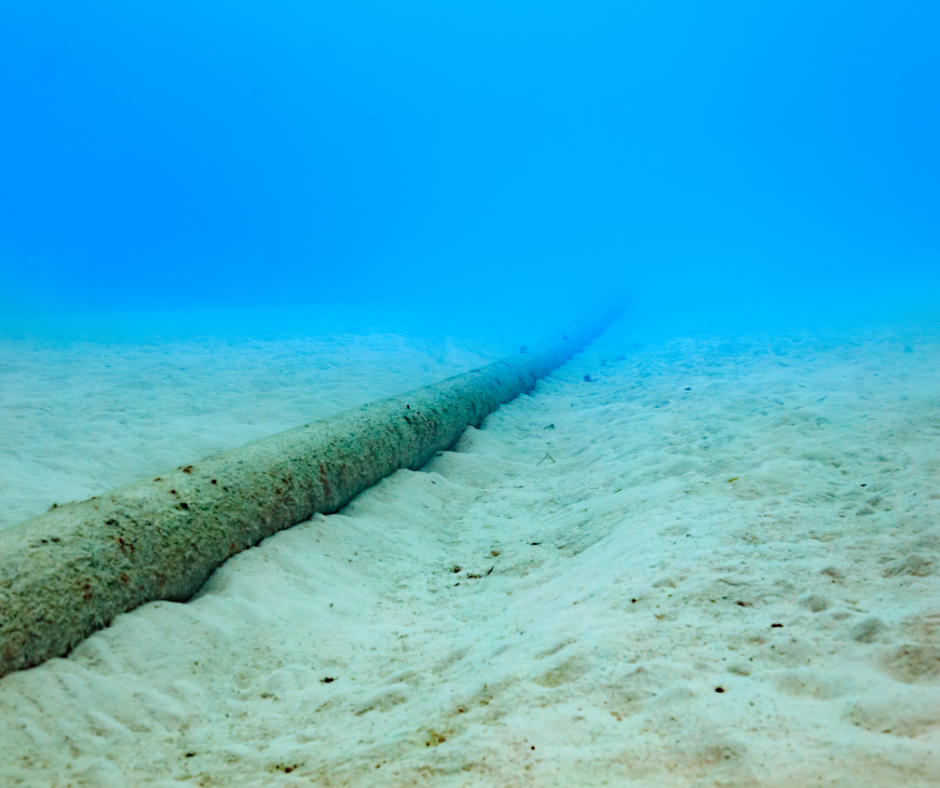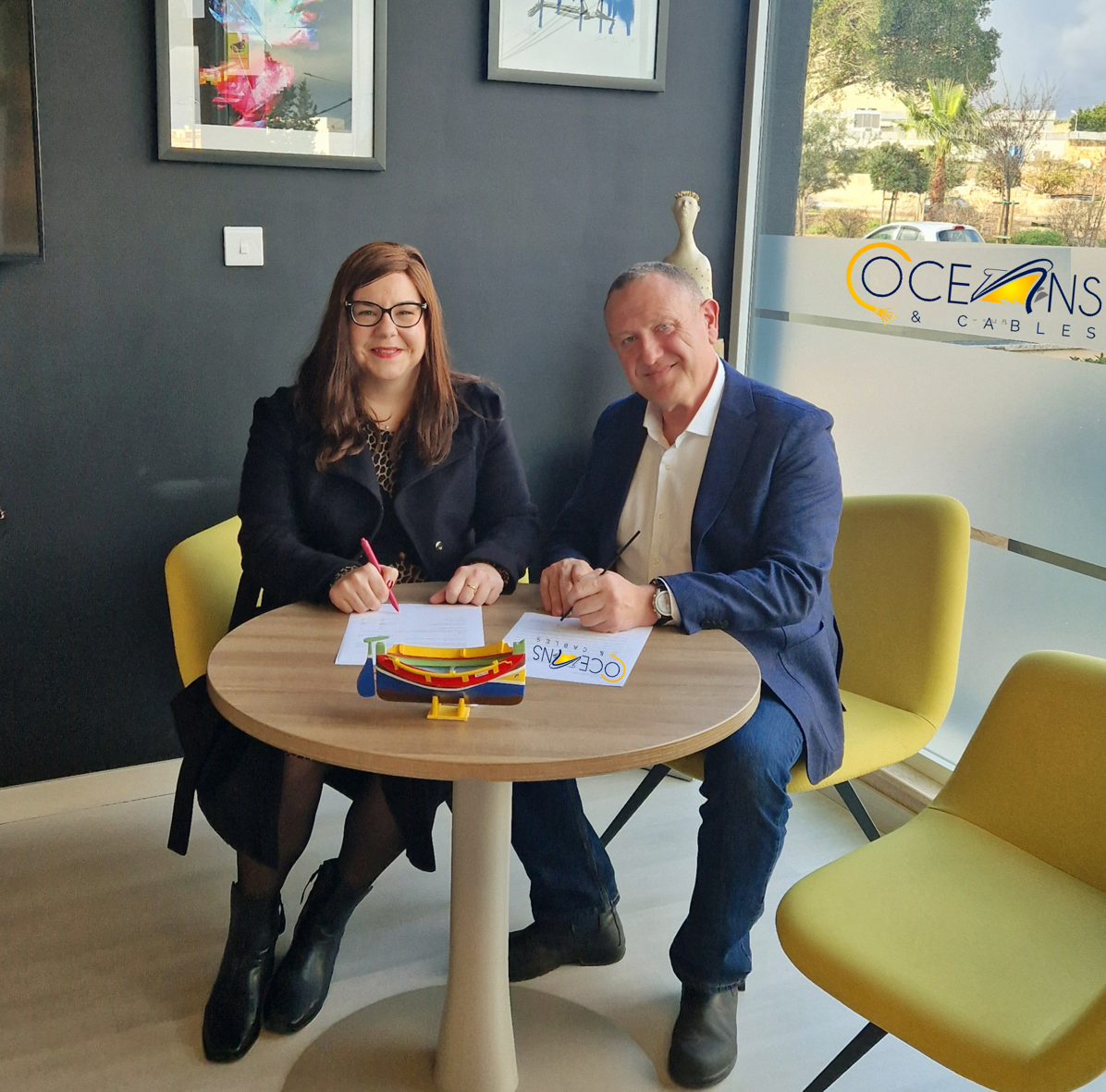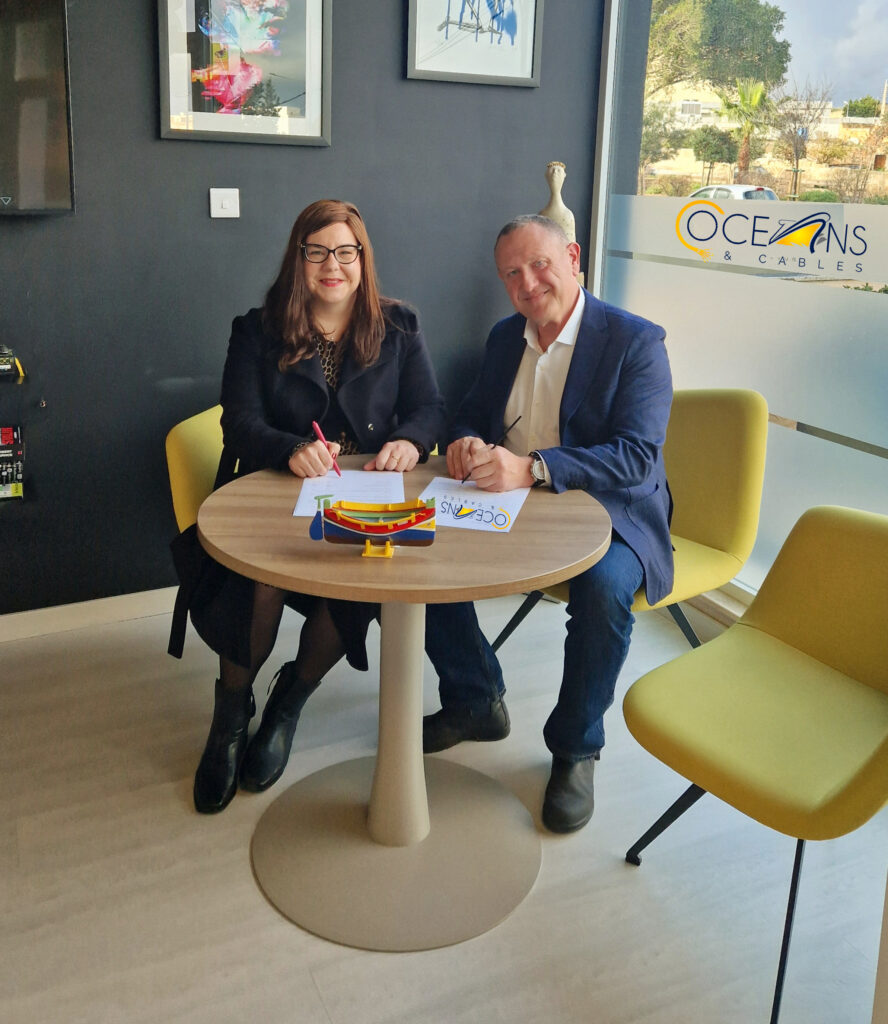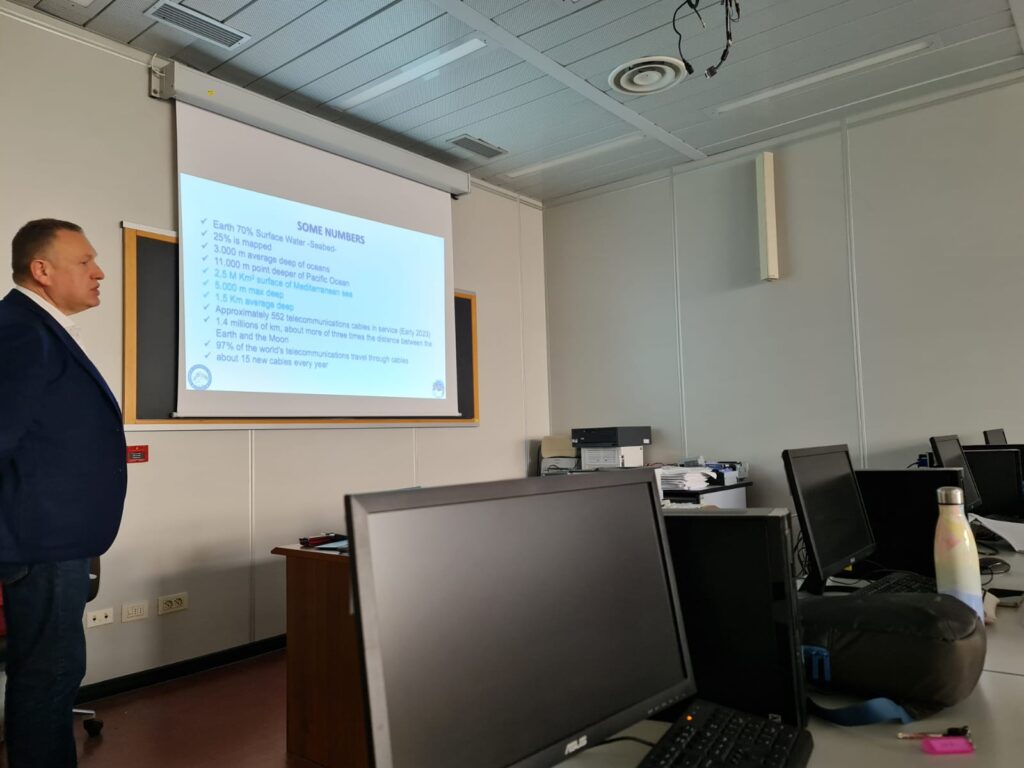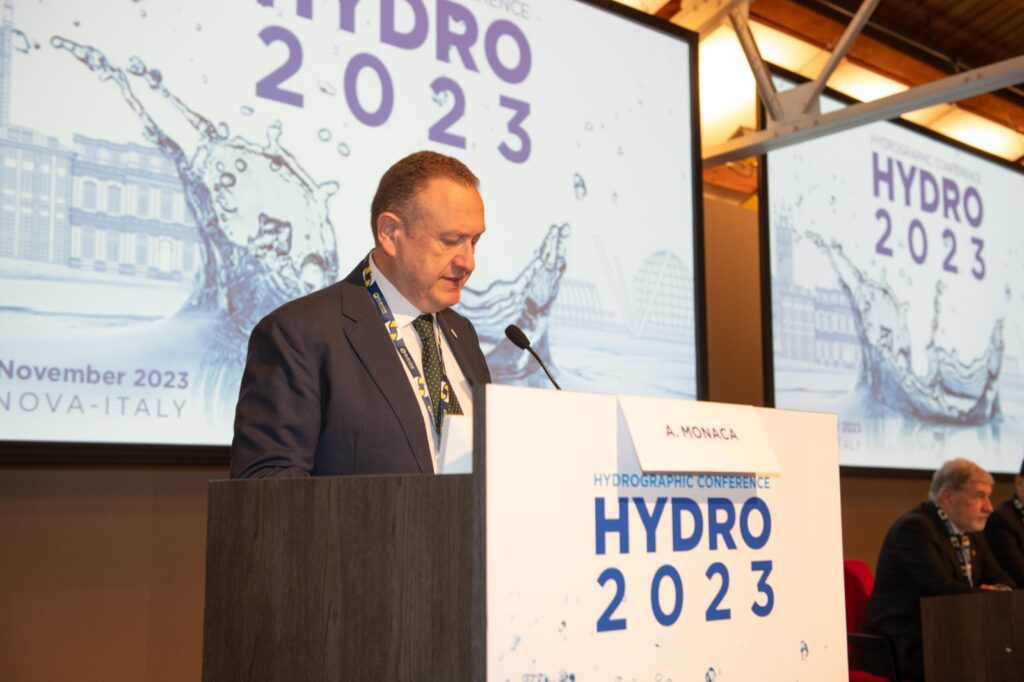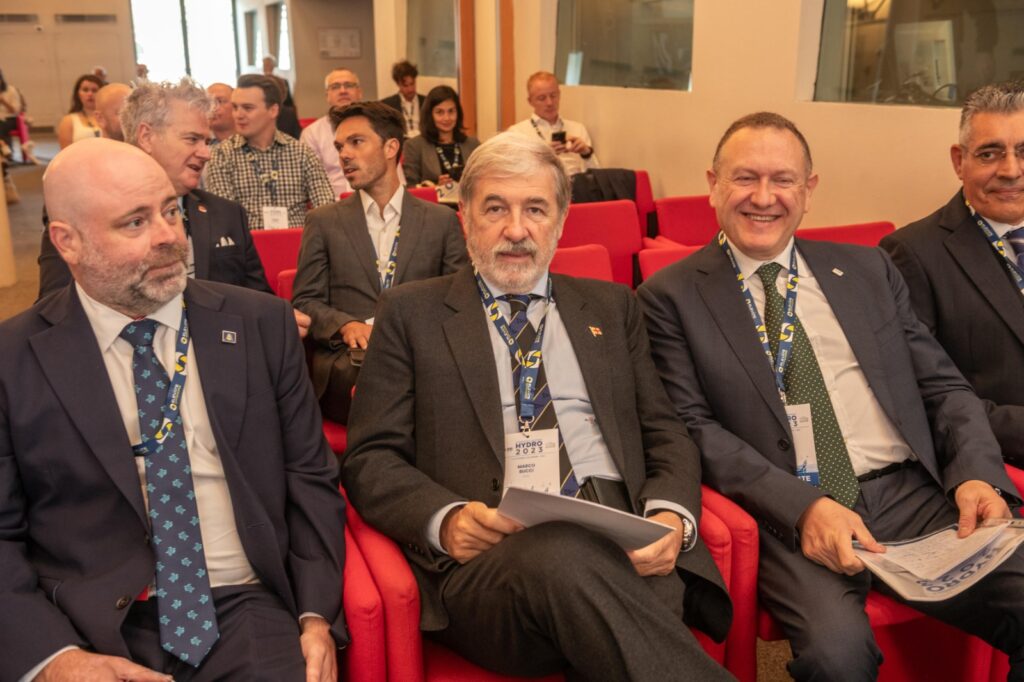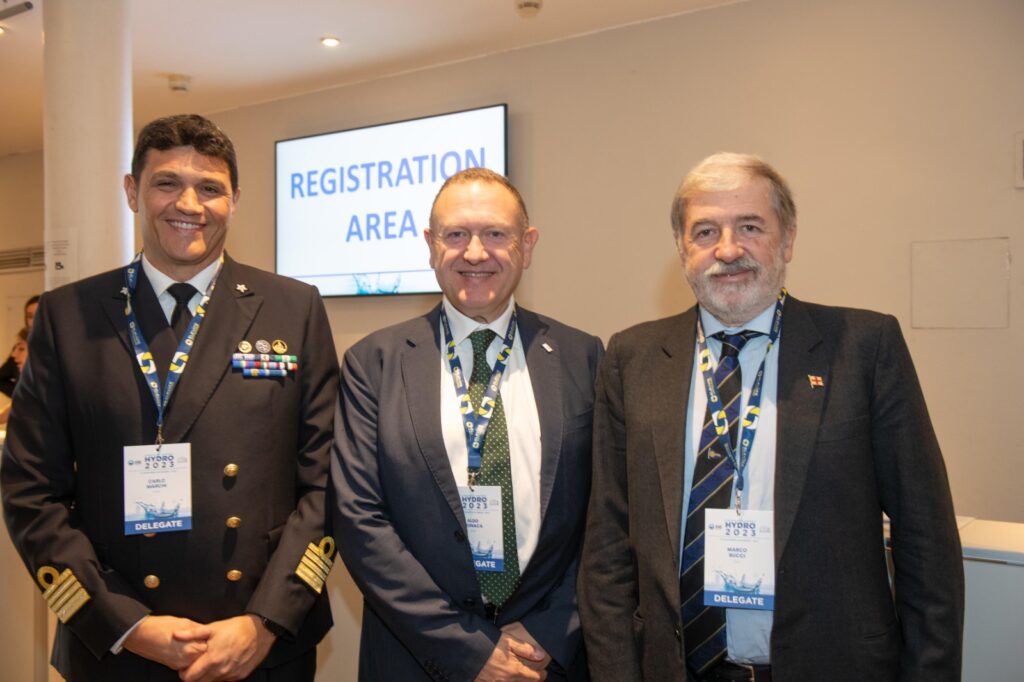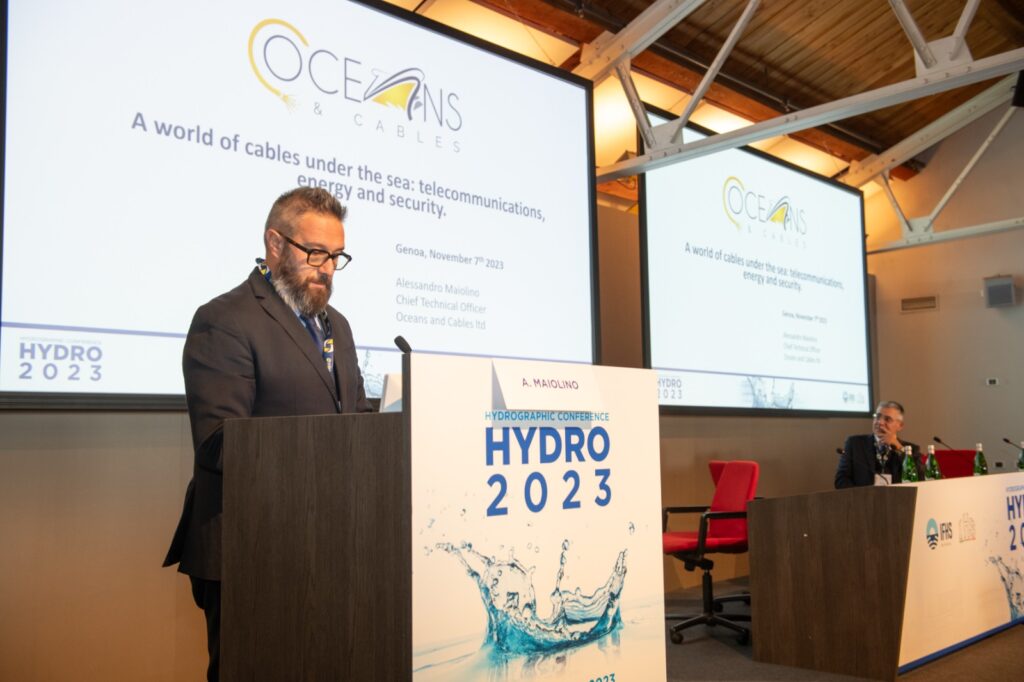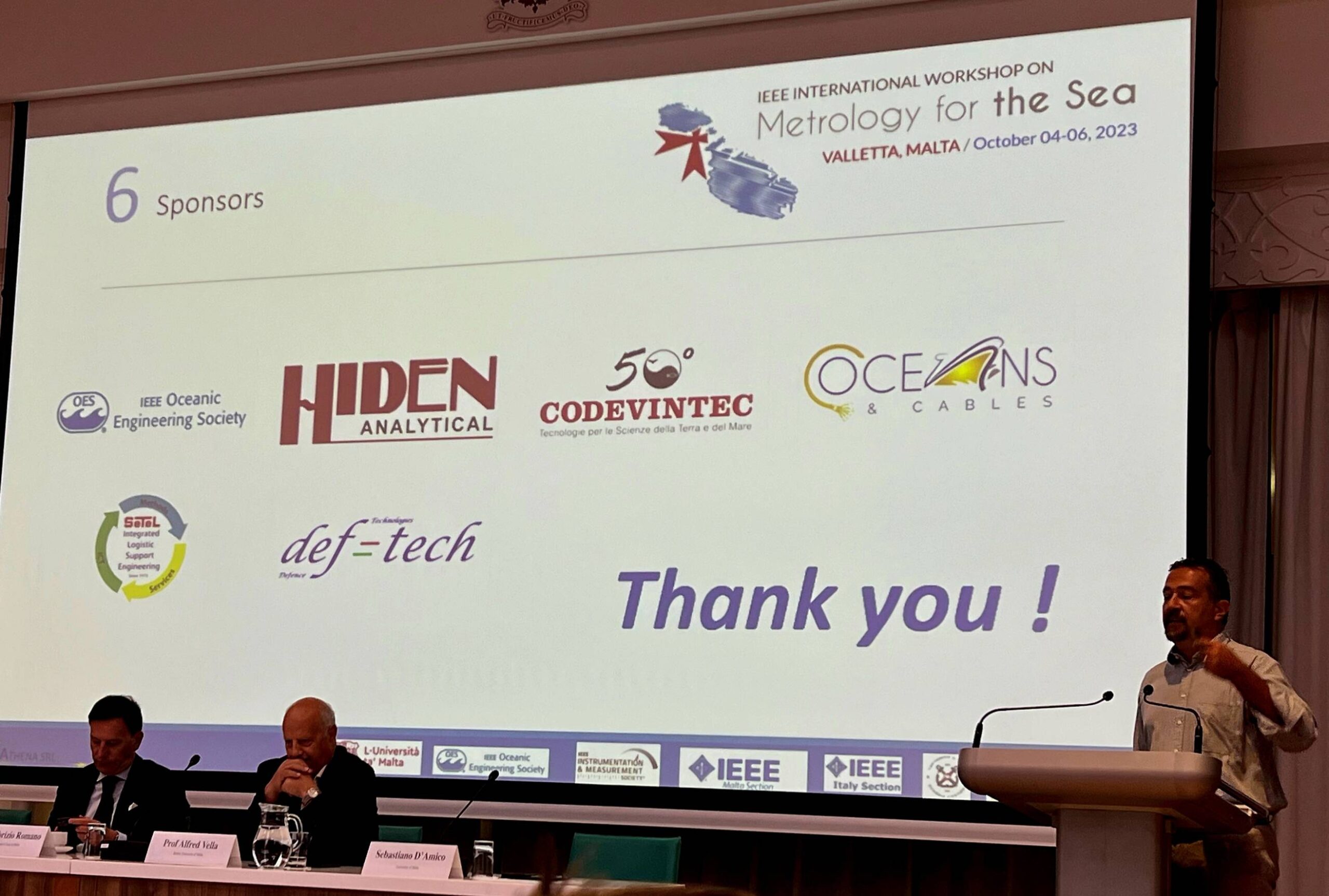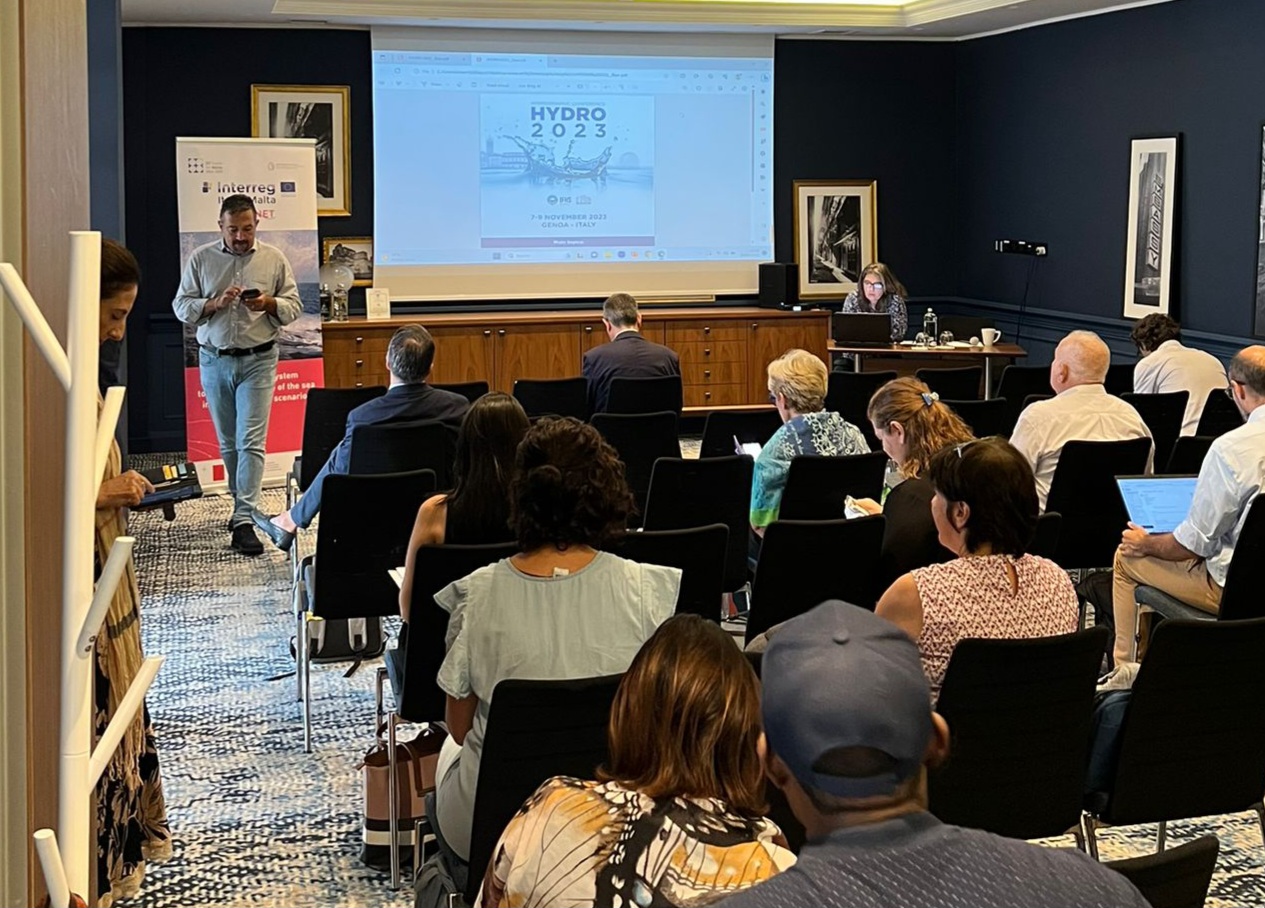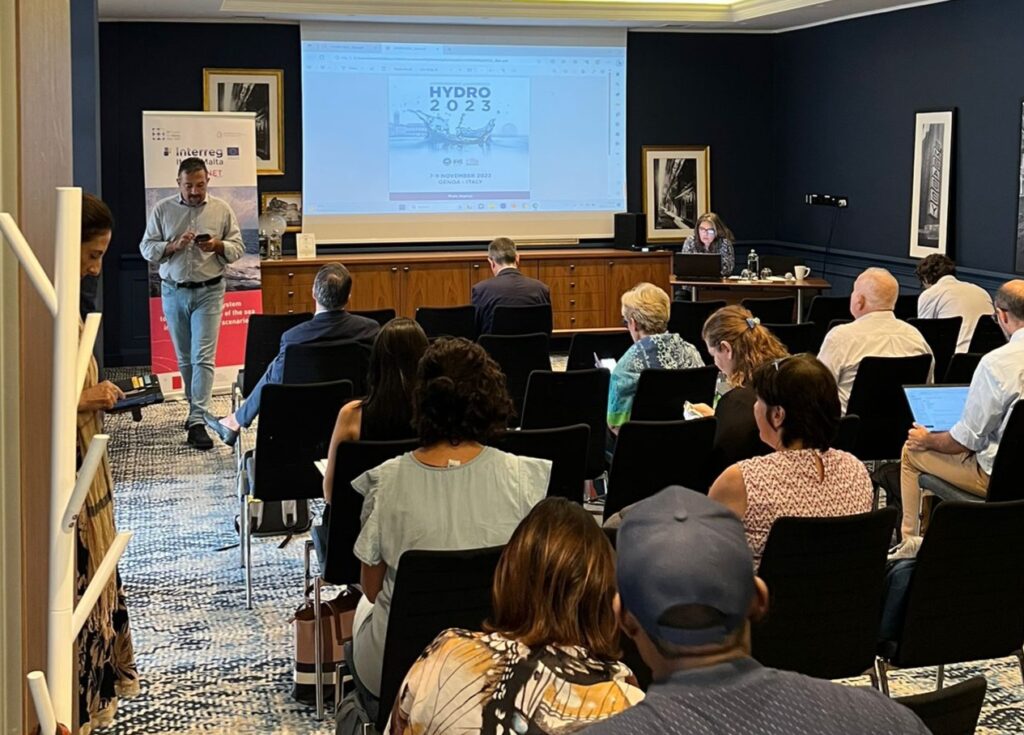25.07.2024
Oceans & Cables, a leading submarine cable consultancy and ocean services company, is proud to announce its membership in the Association of Offshore Renewable Energies (AERO). This significant partnership underscores Oceans & Cables’ commitment to advancing offshore renewable energy development and contributing to the offshore renewable energy sector.
The Association of Offshore Renewable Energies (AERO) is dedicated to promoting the development of offshore renewable energies. AERO’s mission is to be established as a leading player in the offshore renewable energy industry by fostering job creation, technological innovation, and local community engagement. The organisation advocates for a stable and transparent regulatory framework to support the growth of installed capacity and the development of a robust supply chain for the offshore renewable energy sector.
Joining AERO aligns perfectly with Oceans & Cables’ strategic vision of contributing to the global energy transition and sustainable development. As a member of AERO, Oceans & Cables will actively collaborate with industry stakeholders, communities, and educational institutions to promote offshore renewable energy projects. This partnership will facilitate the creation of jobs, economic development of coastal areas, and technological advancements, all while ensuring environmental protection and sustainability.
“We are thrilled to join AERO and contribute to the development of offshore renewable energies in Italy,” said Aldo Monaca, Director of Oceans & Cables Limited. “This membership marks a significant milestone for our company, as it allows us to leverage our expertise and become a leader in the offshore renewable energy sector. We look forward to working with AERO and its members to drive innovation and create lasting positive impacts on the environment and local communities.”
Oceans & Cables is excited about the opportunities this membership brings and is committed to playing a pivotal role in advancing offshore renewable energy. The company looks forward to contributing to AERO’s initiatives and working towards a sustainable and prosperous future for the offshore renewable energy sector.
Oceans & Cables Limited is a company based in Malta, founded in 2014, operating in the submarine cable industry and related technical services, working with various industries and markets globally. Our specialisation is in the consultancy, planning and implementation of the submarine cable industry for governmental entities, commercial corporations, and offshore renewable energy companies around the world. For more information about Oceans & Cables, please contact us on info@oceanscables.com.
Article written by Ms Charlene Sciberras, Director at Oceans & Cables Limited.


